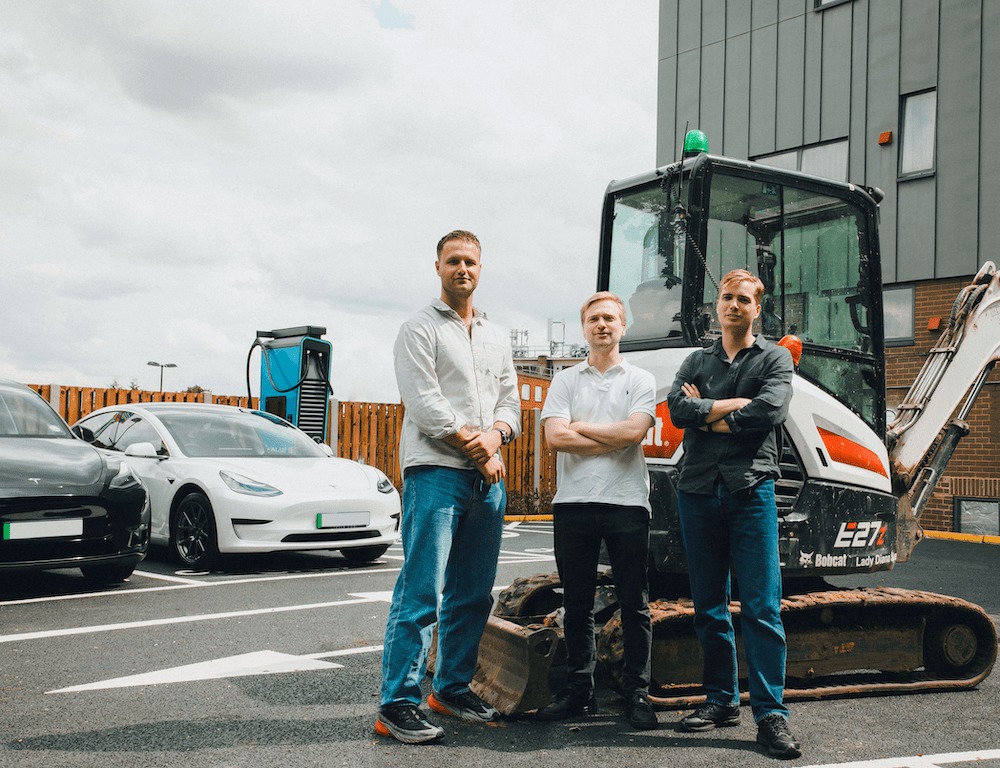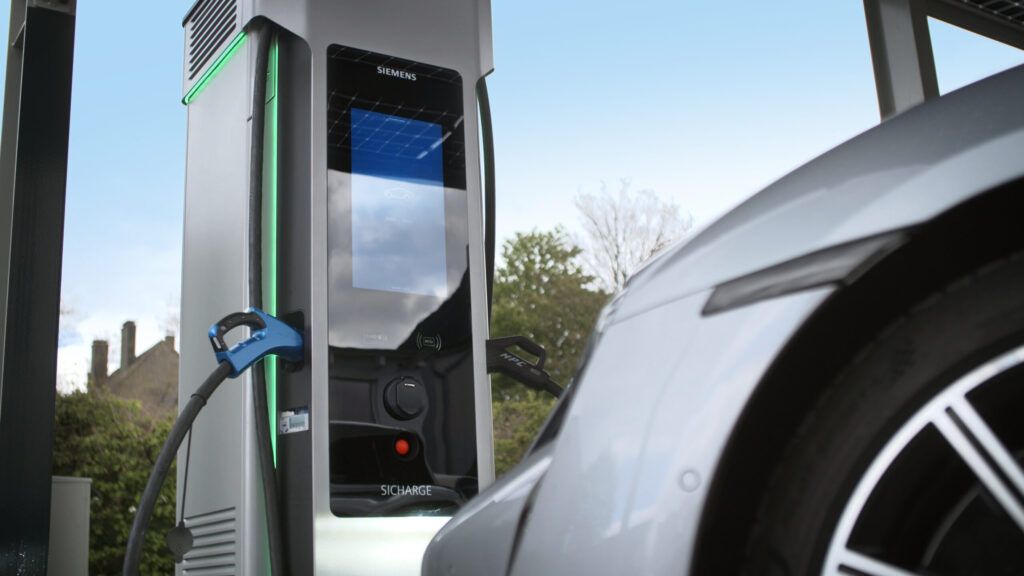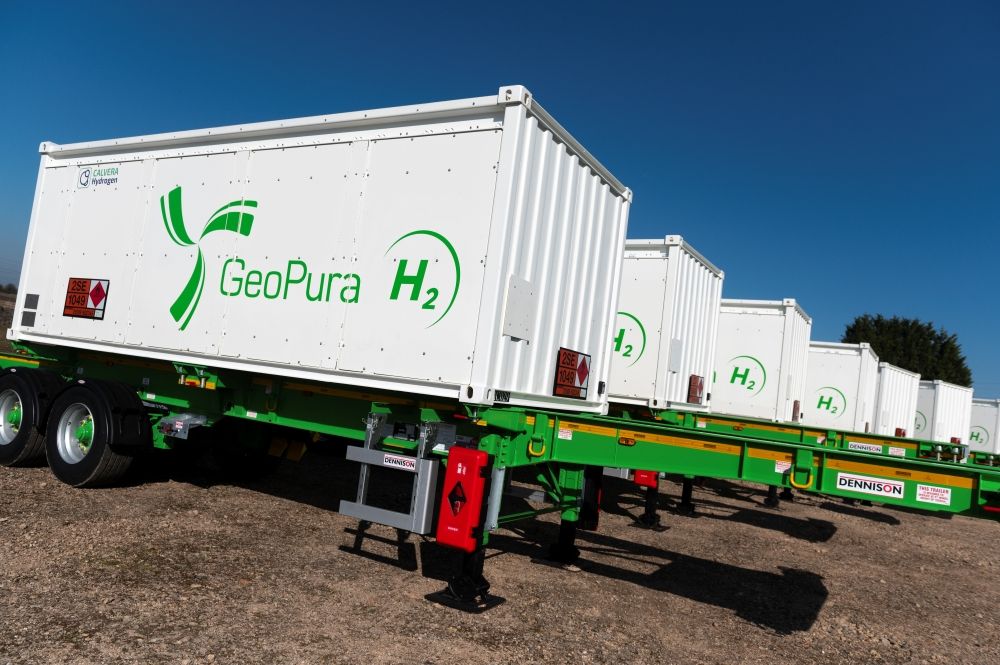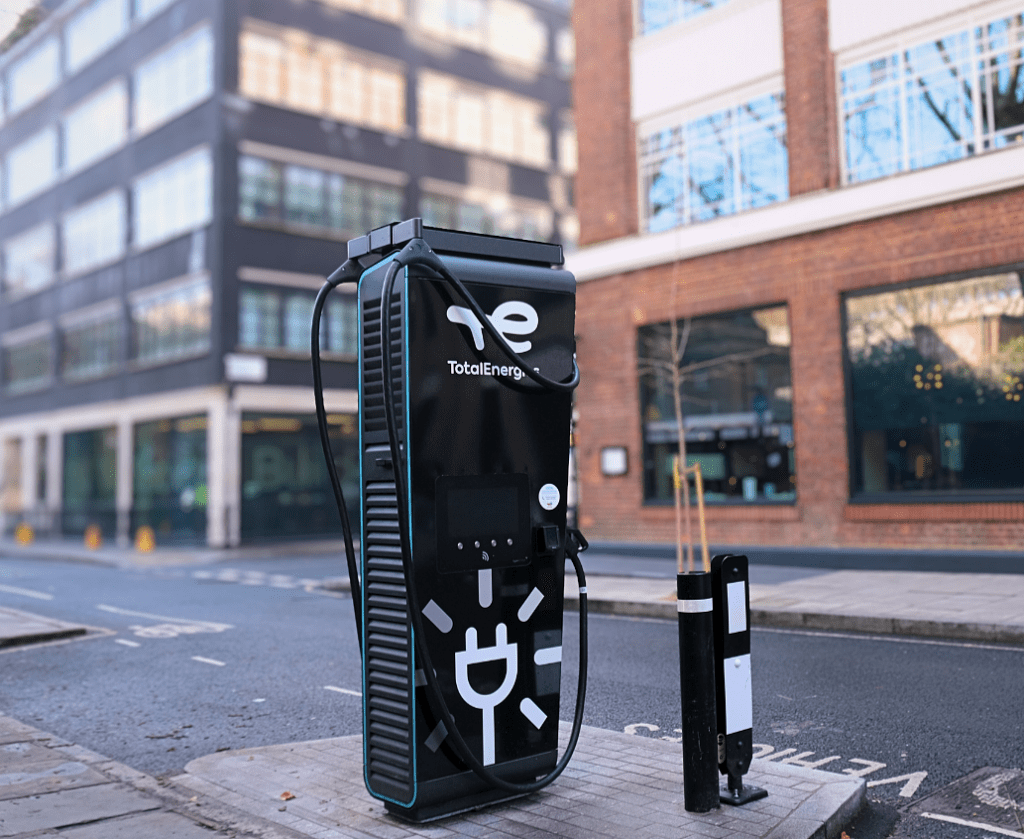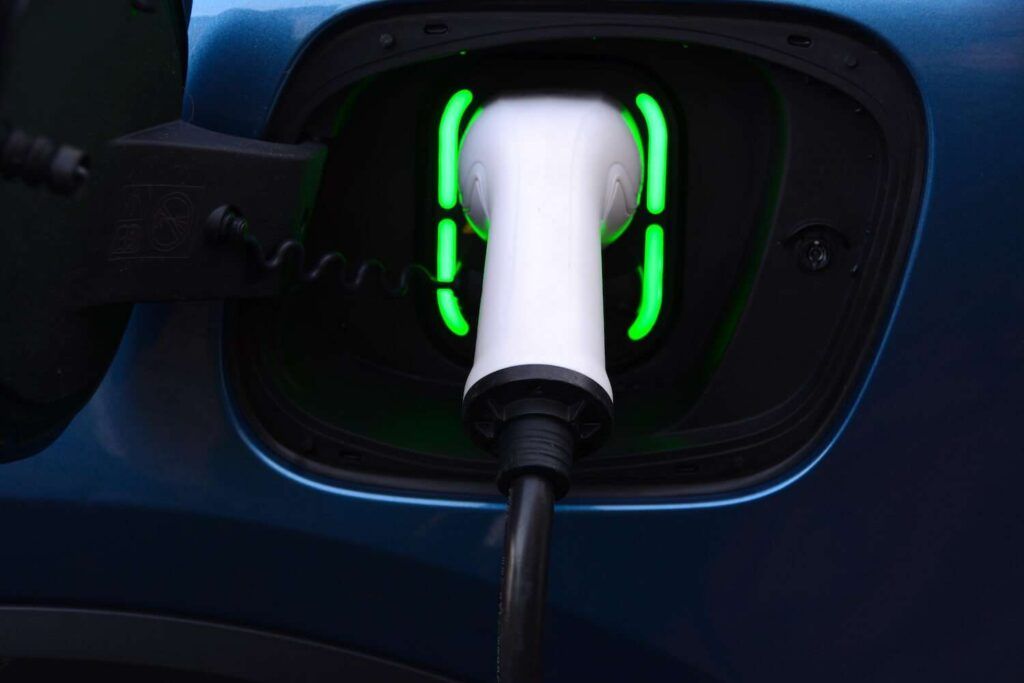Three former members of Tesla UK’s disbanded Supercharger team have secured £60m to build a portfolio of high-powered urban charging hubs.
The firm, called Hubber, has a leadership team consisting of Harry Fox, Connor Selwood and Hugh Leckie, who oversaw the delivery of more than 100 Tesla Supercharger sites and 1,200 ultra-rapid chargers nationwide.
They now seek to “solve the UK’s urban charging infrastructure deficit” and also “unlock electrification of commercial transport”. Hubber will deliver modular, planning-approved, ready-to-operate sites to charge point operators and commercial fleet partners.
It said that a proprietary site-selection model, turnkey design and delivery, and trusted supply chain will enable the company to “deliver higher-quality sites, faster and more reliably than competitors” and a platform ready for rapid expansion.
Funding for the project was led by James Bayliss, former Head Trader at Elliott Advisors (UK) and Christopher Fox, with the first site opening on 20 August in Lewisham, in partnership with RAW Charging.
It plans to initially open 30 more hubs, delivering 100MW of grid capacity across UK cities, using the leadership team’s expertise to create charging solutions.
The firm said that fast, affordable charging in cities was “falling behind the needs of drivers”, and commercial fleets – from taxis and ride-hailing services to last-mile delivery vans or buses – were “electrifying at pace, yet too often face a lack of appropriate charging solutions for their operational requirements”.
Hubber said the “demand gap is in cities” following early initial ultra-rapid networks focusing on motorways. In urban areas, challenges included scarce, costly land with challenges around grid capacity, planning and consenting. Finding suitable plots “remains a major obstacle to rollout”, it said, with “even the most established charge point operators struggling to make progress”.
Harry Fox, CEO of Hubber, said:
“Early ultra-fast charging focused on motorways and ‘range anxiety’, but today the real pressure is in cities. The fleets doing the most miles – taxis, ride-hail, delivery vans, buses – are electrifying fast, yet city infrastructure is lagging.
“Large, high-powered hubs are the key to enabling continuous, efficient and scalable operations, but persistent delays leave a critical shortfall just as demand is surging. That’s the gap Hubber will address.”
James Bayliss, investor, said:
“Urban EV charging remains one of the UK’s biggest infrastructure challenges. This uniquely skilled team now has the capital to address it, and we expect their work to make a significant and lasting impact on the country’s electrification.”
Image courtesy of Hubber




